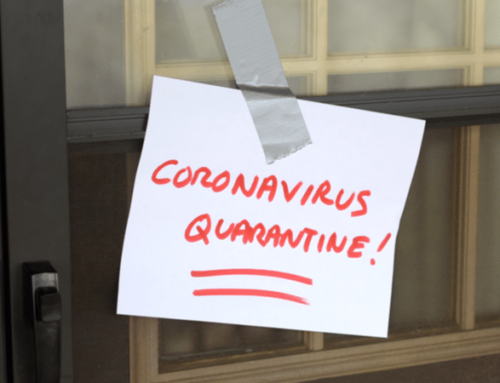With the rollout of the new health insurance exchanges, there’s a good chance that a few health insurance scams will also be rolled out to unsuspecting consumers. Don’t be duped. Here are a few of the most common scams:
1. Fake health insurance plans. High-pressured salespeople may insist that you join a “union” or “association” to qualify for their plan, which purportedly covers preexisting conditions and doesn’t require you to undergo any medical exams to qualify. These fraudsters may lie and say they’re from the federal government, selling Obamacare policies, and then ask you for Social Security numbers and bank account information.
With fake policies, you’ll end up paying all your medical costs up front only to find out that the policy was either completely bogus or was just a discount plan that gives you a small break on services from certain medical providers. If you’re suspicious of a plan that sounds too good to be true, the Coalition Against Insurance Fraud (CAIF) suggests calling your state insurance commission to see if the plan is licensed and legitimate.
2. Fake insurance exchange help. If someone contacts you offering to help you find a good health insurance policy through the Health Insurance Marketplace, be suspicious. There are reputable helpers available, but they won’t seek you out. So if someone calling himself or herself a connector, assistor, navigator, or something similar asks you to pay a fee for help, walk away.
Similarly, be cautious about following highly advertised links to insurance exchanges. The CAIF warns that scammers may put up very real-looking sites that may be set up to capture your personal information or install malware on your computer. The only true state exchange sites are listed at Healthcare.gov, so you can feel comfortable navigating to your state site from there.
3. Medical/dental discount cards. This can be tricky territory because discount cards are a legitimate product, and the real ones do offer price breaks on everything from eye exams to dental procedures. However, the Federal Trade Commission warns that scammers have also established fraudulent discount cards that offer a list of fake participating providers and offer no benefits. The fraudsters make their money by charging you a membership fee.
Before signing up for any discount card, do an online search for the card, perhaps adding the words “scam” or “complaint.” If a lot of negative comments pop up, you may want to steer clear. You can also check with your state insurance commission or state attorney general’s office to see if the discount provider is legitimate.
4. Medicare/Medicaid fraud. If you help an elderly parent or other relative with health care bills, carefully read through any Explanations of Benefits (EOBs) and medical/dental statements. Unethical providers may initiate fraudulent Medicare/Medicaid charges by billing insurance plans for unnecessary or never-provided tests or equipment on a patient’s behalf.
Your elderly relative isn’t usually responsible for the charges because those will be covered by insurance. However, Medicare/Medicaid fraud is illegal, costs taxpayers money, and could compromise your relative’s ability to get treatment in the future if he or she is denied a service for having participated in providing “false evidence” to an insurer. The FTC encourages you to call Medicare/Medicaid if you suspect fraud.
Teri Cettina is a mom of two daughters and freelance writer who specializes in personal finance and parenting topics. She blogs at Your Family Money. Follow her on Twitter: @TeriCettina
[amazon_link asins=’0812927419,0812925319,0609809954,B072BTCMP6′ template=’ProductCarousel’ store=’thinkglink-20′ marketplace=’US’ link_id=’f0b0d580-fbc1-11e7-9aad-5bf119811902′]






